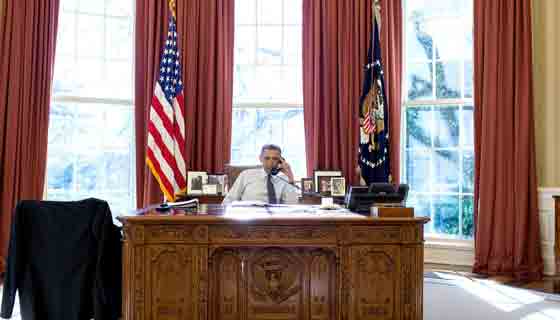The US Supreme Court has made a sweeping judgment in favor of digital privacy rights. The unanimous ruling overturned a lower court ruling that allowed police officers to search the contents of a defendant’s cell phone without a warrant. The ruling means police will need to obtain a warrant before such a search could take place during an arrest.
In the case Riley v. California, the defendant was pulled over for a traffic violation. After a police officer seized Riley’s cell phone and searched it, the officer noticed repeated use of street gang terms. A detective privy to gangs further examined the phone, finding photographs and videos. The state ended up charging Riley in connection with a shooting that had occurred several weeks prior.
Chief Justice Roberts and the rest of the Court agreed that the search was in violation of the 4th Amendment’s guarantee against unreasonable searches and seizures. The amendment says in full:
The right of the people to be secure in their persons, houses, papers, and effects, against unreasonable searches and seizures, shall not be violated, and no Warrants shall issue, but upon probable cause, supported by Oath or affirmation, and particularly describing the place to be searched, and the persons or things to be seized.
Roberts rejected an argument that cellphones were materially the same as a physical search.
“Modern cell phones are not just another technological convenience. With all they contain and all they may reveal, they hold for many Americans ‘the privacies of life,'” Roberts wrote in the Court’s opinion. “The fact that technology now allows an individual to carry such information in his hand does not make the information any less worthy of the protection for which the Founders fought. Our answer to the question of what police must do before searching a cell phone seized incident to an arrest is accordingly simple – get a warrant.”











